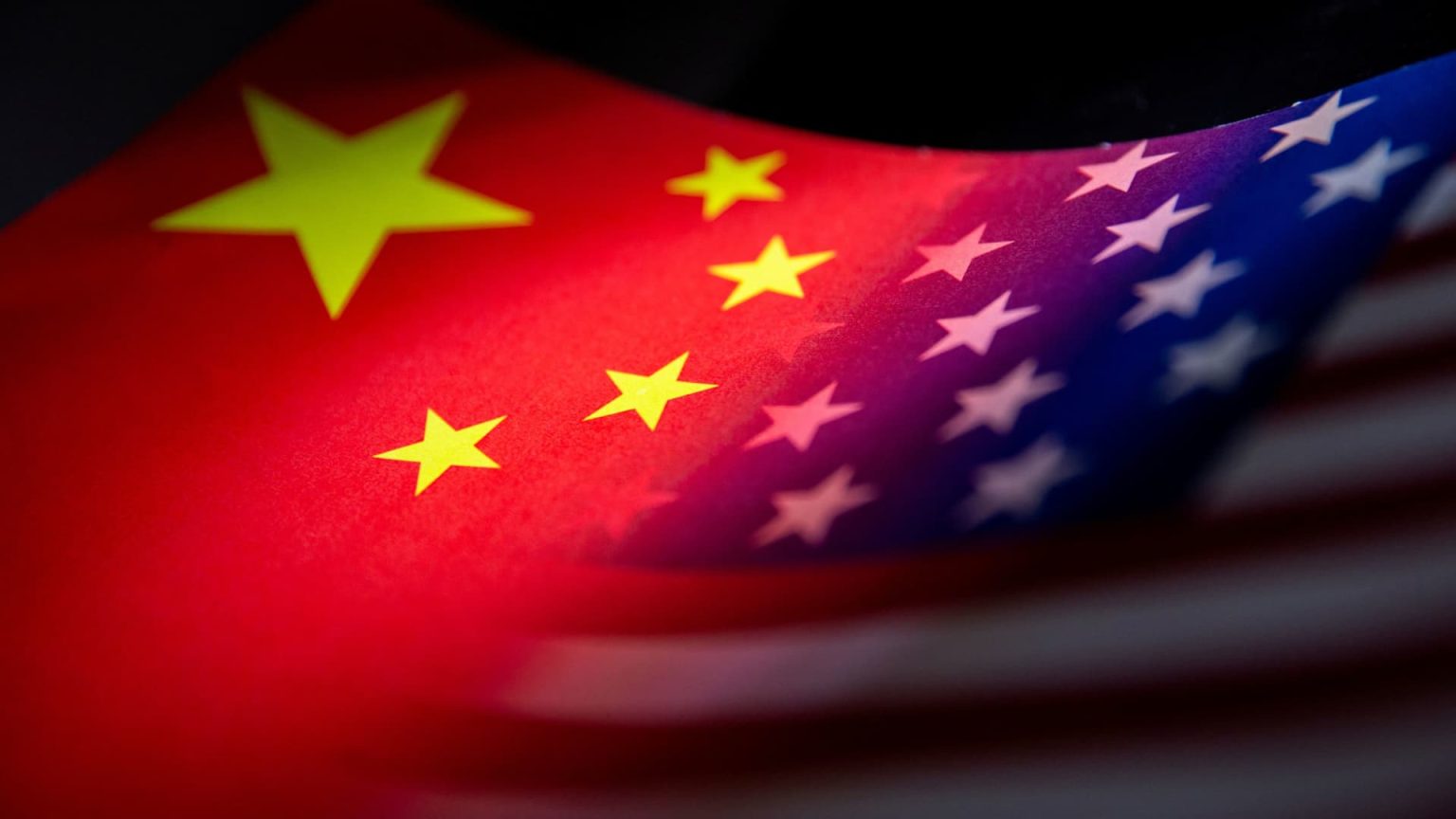In a recent statement, Chinese officials expressed a willingness to address U.S. concerns regarding the illicit trade of fentanyl but cautioned that escalating tariffs could complicate cooperative efforts. The Ministry of Foreign Affairs claimed that the U.S. government has not fully acknowledged China’s measures to restrict fentanyl trade. As the ongoing dialogue between the two nations continues, trade tensions are renewing scrutiny over policies that impact economic relations and public health issues related to drug trafficking.
| Article Subheadings |
|---|
| 1) China’s Commitment to Address Fentanyl Trade Concerns |
| 2) U.S. Response and Tariff Impact |
| 3) The Ongoing Trade Tensions |
| 4) Potential Economic Consequences for China |
| 5) The Future of U.S.-China Relations |
China’s Commitment to Address Fentanyl Trade Concerns
Officials from China recently highlighted their commitment to addressing the United States’ concerns regarding the illicit fentanyl trade. A representative from the Ministry of Foreign Affairs stated that China is open to taking additional measures to mitigate the issue, emphasizing cooperation as a priority. The Chinese government perceives that proper acknowledgment from the U.S. regarding their efforts is critical. According to the official, the Chinese government has made significant strides in curtailing the manufacture and distribution of fentanyl precursors, which have been linked to the alarming rise of opioid overdoses in the U.S. White House officials have not formally responded to these assertions, which have raised questions about potential collaborative future efforts.
U.S. Response and Tariff Impact
The U.S. government, particularly under President Donald Trump‘s administration, has taken a hard stance on trade relations with China, particularly concerning tariffs. Since taking office, President Trump has enacted multiple tariff increases, the most recent being a 20% tariff on selected Chinese goods as a penalty for what the administration identifies as China’s complicity in the fentanyl crisis. This measure is part of a broader strategy to pressure China into compliance with U.S. demands while simultaneously aiming to address America’s drug epidemic. However, officials in China have insisted that rather than being grateful for China’s attempts to tackle the issue, U.S. officials have chosen to escalate trade tensions through tariffs.
The Ongoing Trade Tensions
Trade relations between the two countries have become increasingly complex, particularly following the imposition of tariffs linked to drug-related issues. The average effective tariff rate on Chinese goods has surged to nearly 33%, a significant increase from about 13% prior to Trump’s latest term. These tariffs are not only impacting the flow of trade but are also contributing to a strained diplomatic environment as both nations grapple with economic and health crises. The recent dialogues surrounding fentanyl demonstrate that, despite recognizing mutual challenges, both countries are entangled in a cycle of retaliation and policy adjustments.
Potential Economic Consequences for China
Economic forecasts reflect the strain the current tensions are exerting on China’s growth trajectory. Analysts at Allianz predict that the additional 20% tariffs could hinder China’s GDP growth by approximately 0.6 percentage points for this year and the next. This reduction highlights the interconnectedness of trade policies and economic stability. Despite these challenges, some experts remain optimistic, predicting that China could still achieve a growth rate of around 4.6% in the near future, primarily fueled by governmental stimulus efforts aimed at counteracting negative impacts from tariffs. This presents a situation where, although growth is projected, external pressures necessitate significant policy adjustments.
The Future of U.S.-China Relations
As discussions about fentanyl continue, the broader context of U.S.-China relations remains precarious. Both nations have indicated a willingness to cooperate on certain issues, including drug trafficking, which can lead to potential dialogue but is often overshadowed by escalating tariffs and mutual distrust. Recent actions from Beijing, including targeted countermeasures on U.S. goods and limitations on American companies operating within China, have compounded trade disputes and introduced further complexity. Nevertheless, the prospect of negotiations exists, with certain officials suggesting that the current retaliatory measures may leave room for dialogue and potential resolutions that benefit both economies.
| No. | Key Points |
|---|---|
| 1 | China is open to further discussions on fentanyl trade issues. |
| 2 | U.S. tariffs on Chinese goods have significantly increased under President Trump. |
| 3 | Trade tensions are affecting both economic growth and diplomatic relations. |
| 4 | Analysts predict a potential decrease in China’s GDP growth due to U.S. tariffs. |
| 5 | Future discussions may lead to improved U.S.-China relations despite current tensions. |
Summary
In conclusion, the interaction between the U.S. and China regarding fentanyl trade highlights a significant aspect of their complex relationship, where public health concerns intertwine with economic policies. The willingness of China to cooperate must be balanced with the U.S.’s ongoing tariffs, which complicate potential agreements. The economic repercussions for both countries underscore the need for strategic negotiations to resolve longstanding trade issues, which may pave the way for improved relations in the future.
Frequently Asked Questions
Question: What are the primary concerns regarding fentanyl trade between the U.S. and China?
The primary concern is that a significant portion of fentanyl precursors is produced in China, contributing to a widespread opioid epidemic in the United States, resulting in a significant number of overdose deaths annually.
Question: How have U.S. tariffs affected trade relations with China?
The increased U.S. tariffs on Chinese goods have heightened trade tensions, leading to retaliatory measures from China, which further complicate cooperation on mutual issues such as fentanyl trafficking.
Question: What impact do tariffs have on China’s economy?
Tariffs are estimated to slow China’s GDP growth, with projections showing a potential decline of around 0.6 percentage points due to increased duties on exports, creating challenges for sustained economic performance.


